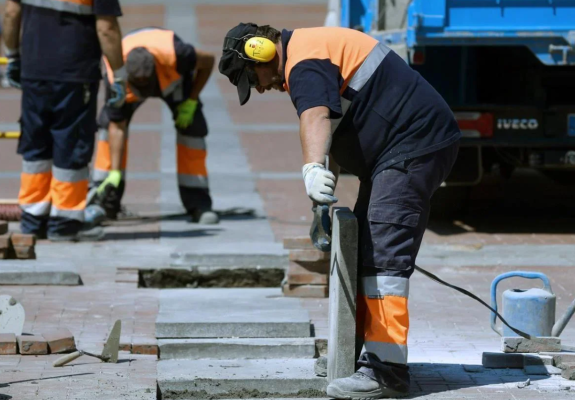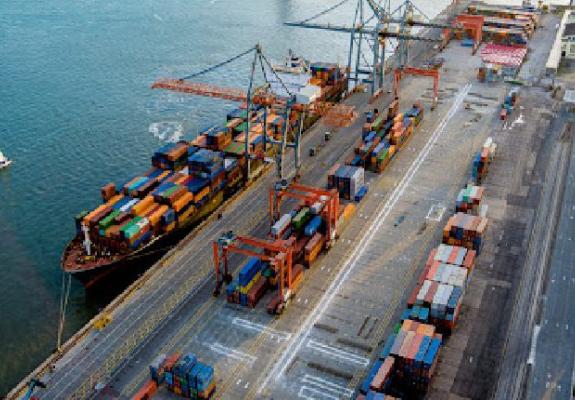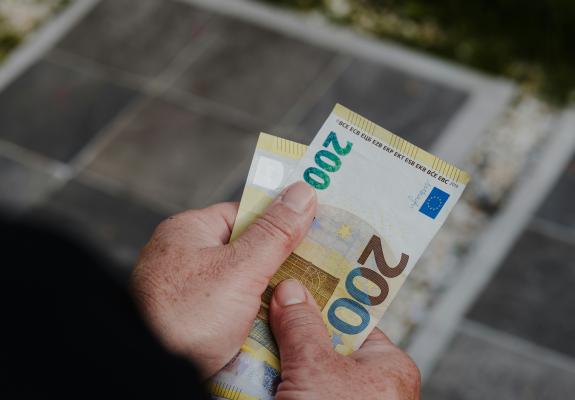Smart Farming Funding Open Until November 29, 2024
Empowering Farmers with Modern Irrigation Solutions Under the Common Agricultural Policy
The “smart control” of crops can be achieved by farmers who will utilize subsidies for “Investments for modernization, improving the competitiveness of overall performance” under the Strategic Plan for the Common Agricultural Policy 2023-2027. The announcement, which has been in effect since the end of July, has a deadline for applications set for November 29, 2024.
According to an official announcement, weather conditions and the microclimate of an area are key factors in the development and evolution of crops and must be taken seriously into account when assessing the sustainability of a farming operation.
It is noted that “precision agriculture” is a modern method of managing agricultural plots, utilizing modern technologies and scientific knowledge to make more accurate decisions in the production process while providing both economic and environmental benefits.
The “smart control” of crops can be achieved by farmers who will take advantage of the subsidies under Priority 7 of the current announcement of Intervention 4.1.1 “Investments for modernization, improving the competitiveness of overall performance” of the Strategic Plan for the Common Agricultural Policy 2023-2027.
The announcement, which has been in effect since the end of July, has a deadline for applications set for November 29, 2024.
The Ministry of Agriculture, Rural Development, and Environment promotes a comprehensive approach to managing agricultural activity with this Priority, adapting and evolving agricultural practices to optimal standards aimed at maximizing profit margins, as stated in the announcement.
The investments covered include: 1. Agro-meteorological station: A system that adjusts irrigation based on feedback information (irrigation model) while also being used for disease forecasting (plant protection model) and 2. “Smart” electronic water meter: Capable of remote monitoring, recording irrigation water consumption in real-time, offering consumption history.
As stated, the use of modern agro-meteorological stations, smart water meters, and continuous recording and processing of climatic and soil parameters is expected to provide savings in irrigation water, as farmers will apply the optimal dose and frequency of irrigation based on the precise needs of their crops, improve crop yields through the implementation of plant protection models, enhancing the growth and yield of their crops, reduce production costs through improved and controlled management of inputs, and protect the environment with more efficient use of natural resources and preventing nutrient runoff caused by over-irrigation.
The proposed investments can be implemented individually or in combination across all designated crops.
Regarding the agro-meteorological stations and “smart water meters,” it is noted that these are intelligent systems for control, data recording, processing, and decision-making.
The stations consist of a network of sensors that record various parameters in real-time, such as air temperature and humidity, wind speed and direction, rainfall amount, barometric pressure, solar radiation, soil temperature and moisture, and upper and lower moisture of a synthetic leaf. The data is transferred in real-time to a climate database for processing, presentation, and storage.
The software system must be capable of applying models for estimating water needs and disease forecasting to control irrigation and alert potential use of plant protection products based on sensor readings.
Most commercial systems can notify users of potential frost conditions as well as unusually high water flow in the system (such as in the case of pipe leaks).
Smart water meters are electronic-type water meters coupled with an event logging device. They can be installed even in remote areas without electricity or internet. The aim is for remote monitoring and recording of irrigation water.
It is noted that this specific targeted intervention to promote the application of smart irrigation systems is part of (Priority 7) the new announcement of Intervention 4.1.1, structured based on 7 Priorities set by the Ministry of Agriculture, Rural Development, and Environment following consultations with the agricultural community, with a total budget of €10 million.
For more information regarding the submission of applications for investment grants, interested parties can contact the Central Offices of the Department of Agriculture at the phone numbers 22763547 and 22760458 (Land and Water Use Branch).






